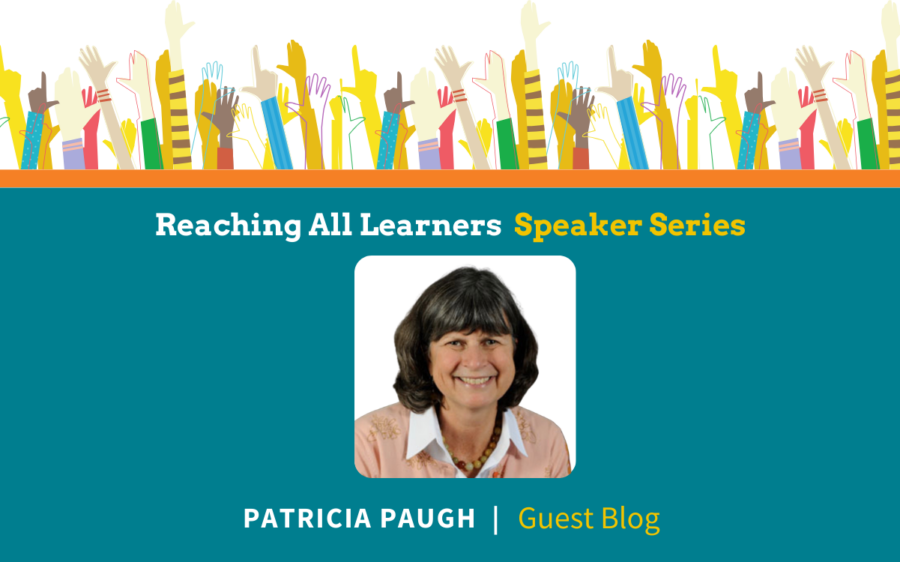Effective and efficient decoding instruction
Foundational skill learning does not end in primary grades. In fact, students in grades 3-6 require ongoing instruction in phonics, spelling, and word study. Proficiency in foundational skills such as syllabication, complex letter-sound relationships, morphology, and vocabulary supports long-term achievement for children in intermediate and middle school grades.
Teaching foundational skills in intermediate and middle grades is important because phonics instruction supports children’s reading and writing skills, enabling them to tackle unfamiliar words independently. This proficiency is pivotal for comprehending complex texts and supporting continued academic growth in intermediate grades.
Teaching foundational skills is a good use of instructional time because they support each other. For example, as children learn about the Greek root bio, they learn how to spell words with the Greek root by writing words that contain the root. They are learning how to pronounce new words with the root such as bioconversion, biology, biographical, and determine the meaning of these words using the root. Understanding the meaning of word roots, prefixes, and suffixes can help students decipher increasingly complex words, including scientific and technical words. As you can see, when you continue to teach foundational skills in intermediate grades, you support student’s ability to connect how words sound, look, and mean.
If you’d like to learn more about teaching foundational skills in the intermediate grades, consider joining me in January to learn how to make word learning easy in grades 3-6. You will explore practical ways to build science-backed word analysis skills.

Does this spark your interest?
Continue your learning with Nikki at her professional learning opportunity, “Making Word Reading Easy Grades 3-8” on January 30-31, 2024.





